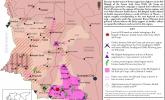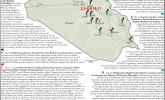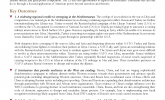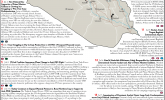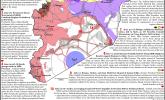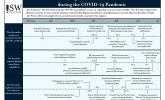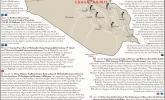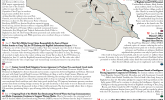Iraq Situation Report: July 15-21, 2020
July 24, 2020 - ISW Press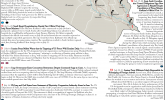
Prime Minister Mustafa al-Kadhimi’s efforts to preserve Iraqi sovereignty by shifting its regional relationships away from Iranian domination have been met with a mix of successes and setbacks. The hospitalization of the King of Saudi Arabia forced Kadhimi to cancel his symbolically important first planned foreign visit to Saudi Arabia on July 20. Iran capitalized on the cancellation, dispatching its foreign minister in a pre-planned visit to Baghdad and then hosting Kadhimi in Tehran for meetings with Iran’s Supreme Leader as Kadhimi’s de facto first foreign trip. The United States continued to pressure Gulf countries to increase their energy cooperation with Iraq even as Prime Minister Kadhimi faced domestic and foreign resistance from neighboring Iran. Demonstrators are holding Kadhimi responsible for Iraq’s insufficient electricity supply, diluting his popular support. Continued criminal activity by Iran-backed groups, including the kidnapping of a German activist in Baghdad and repeated threats toward Iraqi allies, will also damage Kadhimi’s ability to secure buy-in from regional and global partners.



